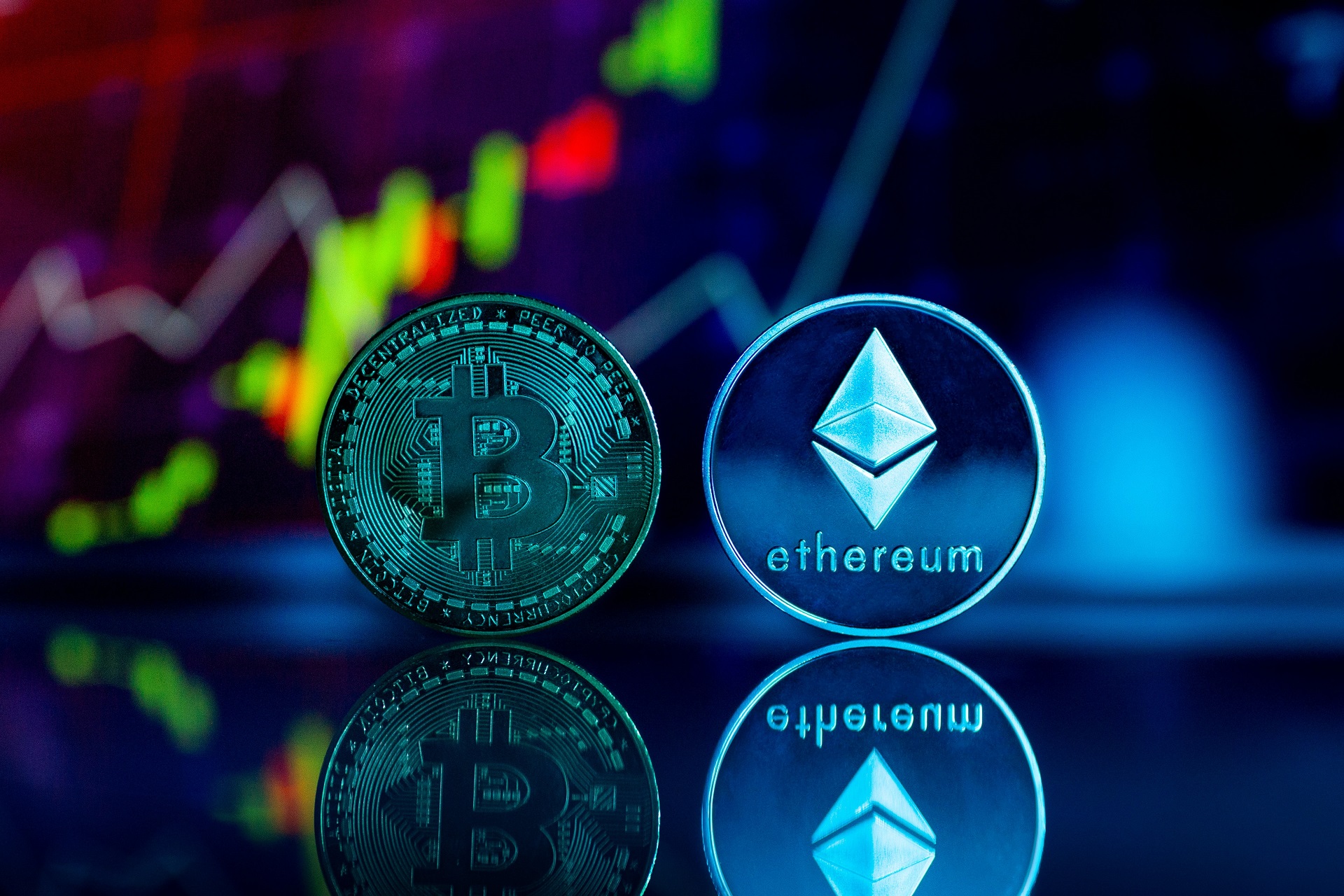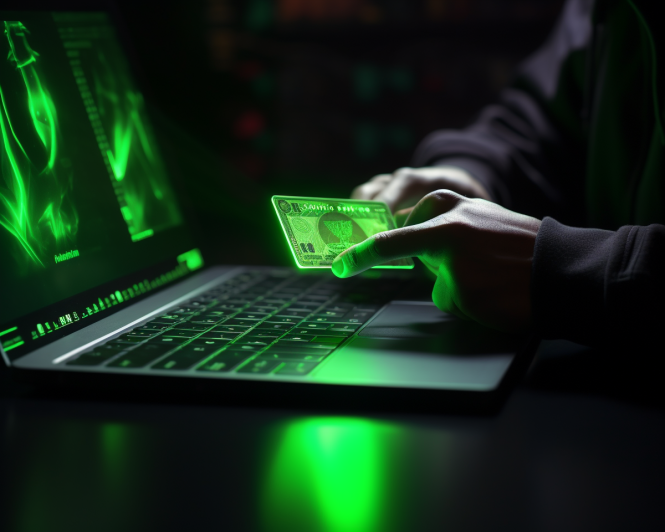If you’re eager to buy things with Bitcoin and see if your ownership of the cryptocurrency turns into a smart investment decision, becoming familiar with Bitcoin wallets is crucial before starting to spend or purchase.
The first thing to know is that Bitcoin wallets don’t hold tangible currency. Instead, they connect to cryptocurrency’s digital ledger system called the blockchain. Your wallet has an individual address associated with it, which links to the blockchain and contains your funds.
Here are some tips that can help you make smarter decisions when shopping for Bitcoin wallets.
1. Understand the Types of Bitcoin Wallets Available
Bitcoin’s value surged to $65,000 in 2021 — the highest it had ever been. Honestly, there’s no time like the present to get a Bitcoin wallet. There are several kinds of Bitcoin wallets on the market.
Here’s a rundown:
Desktop wallets: These wallets function through a desktop computer. They also give users private keys to access their cryptocurrencies.
Mobile wallets: These could be smart purchases if you envision making a lot of in-store purchases with Bitcoin. They typically offer several ways to complete a transaction, such as by supporting near-field communication (NFC) or QR codes.
Online or cloud wallets: The wallets in this category store your funds and key on the internet. You can access them on any device that offers internet connectivity.
Hardware wallets: People refer to wallets that connect to the internet as “hot.” Hardware wallets are “cold” because they store cryptocurrencies offline. Hardware wallets function as USB drives that people can carry with them. They can connect to the internet briefly so that people can transfer funds.
Paper wallets: These are the simplest kinds of wallets. They consist of someone writing down their wallet addresses and passwords on a piece of paper and then storing it in a secure place, such as a safe. The paper may also contain a QR code.
It’s best to know how wallets differ before making any decisions about purchasing one.
2. Think About How Much You Want To Spend
The amount you want to spend on a wallet is another point to consider. People can download most hot Bitcoin wallets for free. That makes them ideal if you’re not sure that you want to invest heavily in cryptocurrency yet.
However, if you’re interested in one of the best hardware-type cold wallets, it could cost you at least $100. Something to be aware of about hot wallets is that cybercriminals target them with malware. In one recent case affecting more than 200 Android apps — many related to finance — a Trojan virus can steal user credentials, add and remove applications and even intercept notifications sent to an affected device.
3. Decide Whether To Branch Beyond Bitcoin
Bitcoin is arguably the most well-known kind of cryptocurrency since it was the first option. However, as you weigh your wallet options, consider whether you may want to eventually hold other cryptocurrencies in the one you choose.
There are usually more limitations with the cryptocurrencies compatible with cold wallets versus hot ones. Consider that some cold wallets hold dozens of kinds, but their counterparts may accept hundreds.
Another thing to note is that most people conclude that storing cryptocurrency securely means choosing both hot and cold wallets for it. Adopt a long-term viewpoint for your investment intentions. There’s no harm in solely sticking with Bitcoin at the start, but think about whether you may later broaden your horizons
4. Evaluate the Trustworthiness of the Bitcoin Wallets
If you were in the market for a new car, you’d probably research vehicle manufacturers to learn about warranties, recent recalls and overall reliability. Take a similar approach to assess the makers of Bitcoin wallets.
Find out when the organization started operating and learn what they do to keep their products secure. For example, some wallets include two-factor authentication (2FA) to decrease unauthorized people’s chances of accessing them.
Has the wallet brand had any major security mishaps? If so, how did the company address them? Determine what customer service options exist, too. For example, if you purchase a hardware wallet and run into trouble while setting it up, is there a phone number to call for immediate assistance?
5. Get Feedback From Fellow Crypto Enthusiasts
Receiving input from people who are using Bitcoin wallets is another excellent thing to do when researching which one to use. Visit cryptocurrency forums or Reddit threads to get the perspectives of those who have been in the same position as you before.
Aim to do enough learning yourself first before coming to those people with questions. For example, if you already have brands in mind, list those and see if anyone can give you first-hand experiences about using them. Tell people about your priorities, as well. Do you care about security above all else, or are you trying to stick to a budget, too?
Expect them to offer both pros and cons. Once you get those details, it’s easier to see how your options compare.
Explore Your Options for Bitcoin Wallets
Besides considering these tips, don’t rush into trying to become a pro user. After you survey all the Bitcoin wallets and choose one, set aside enough time to learn how it works and how to benefit from its main features. For example, you probably shouldn’t put a gigantic amount of cryptocurrencies into your wallet after spending just five minutes with it.
Providing yourself with enough time to learn about the wallet’s specifics should help you feel more comfortable using it regularly. Then, the time you spend researching the choices should be all the more worthwhile.
Recent Stories
Follow Us On
Get the latest tech stories and news in seconds!
Sign up for our newsletter below to receive updates about technology trends














